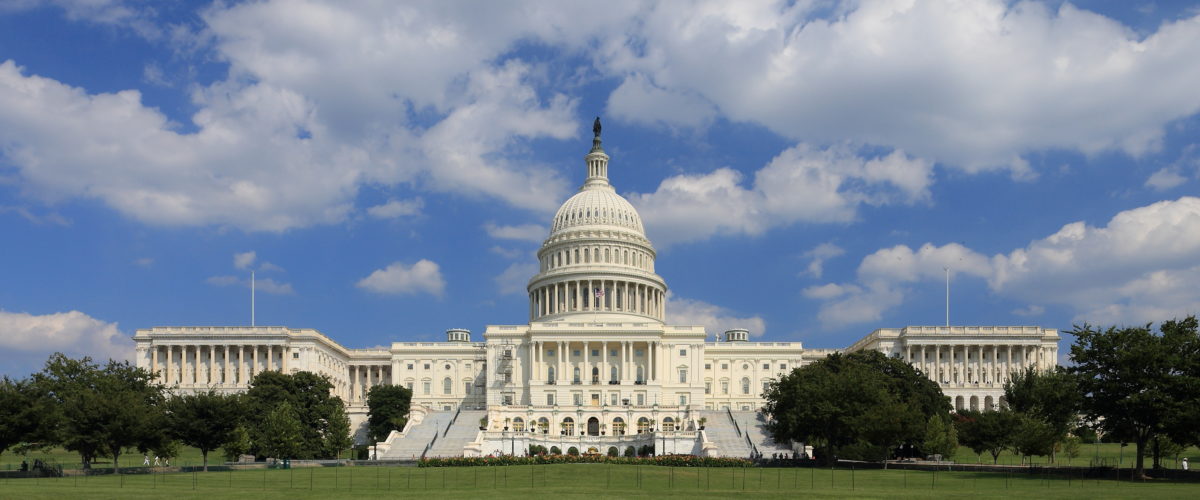Since the COVID-19 pandemic began and stay-at-home orders were put into place, rental housing has been in the spotlight, with attention staying on even after residents returned to work due to new challenges from a housing supply shortage and rising inflation.
The Biden Administration is particularly focused on rental housing issues, and has hosted a series of informational summits, discussions, and meetings with housing providers, resident-advocate groups, and state, local and national policymakers to discuss the state of rental housing in the country.
NAR, as the leading real estate advocacy organization, is one of a select few housing provider groups invited by the White House to join these discussions, and has stressed that its membership – 40% of which owns rental housing property – largely represents “mom-and-pop housing providers,” who own just a few units, have small margins, and who have also been impacted by inflation and rising costs.
NAR has steadfastly opposed policy proposals which would interfere with the ability of housing providers to enforce their contracts, the rights of states and localities to set their housing regulations, burdensome requirements that entirely fall on property managers and housing providers with no reciprocal relief for them, and any type of rent control.
Amplifying that message is the housing provider coalition NAR belongs to, which brings together representatives from all the major housing provider groups in the country to share their expertise and perspectives on any potential policy actions related to rental housing.
The White House has made clear that promoting resident-centered property management practices is a priority of the Administration, but it is not yet known what type of promotions or actions they are planning in support of that. NAR has been consistent in its messaging and responses to policymakers in the White House, federal agencies, and on Capitol Hill on these issues, making clear that:
-
Rental housing policy belongs at the state/local level, where policymakers are closer and better equipped to know the specific needs and challenges faced in their communities;
-
Policies which drive housing providers out of the market will have both the immediate and long-term impact of making rental housing more sparse and thus more expensive;
-
The Federal government has tools at its disposal to alleviate the pressure on rental housing stock by creating more affordable housing – both to rent and buy – and provide rental assistance via a range of channels including grants, state and local fiscal recovery funding, and a variety of HUD programs that can be better funded and improved; and
-
The root causes of recent rising rents are inflation and the housing supply shortage, both of which the Administration and Congress should be addressing – not a symptom of it.




